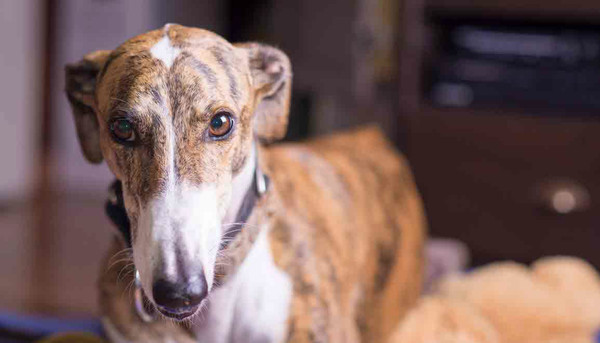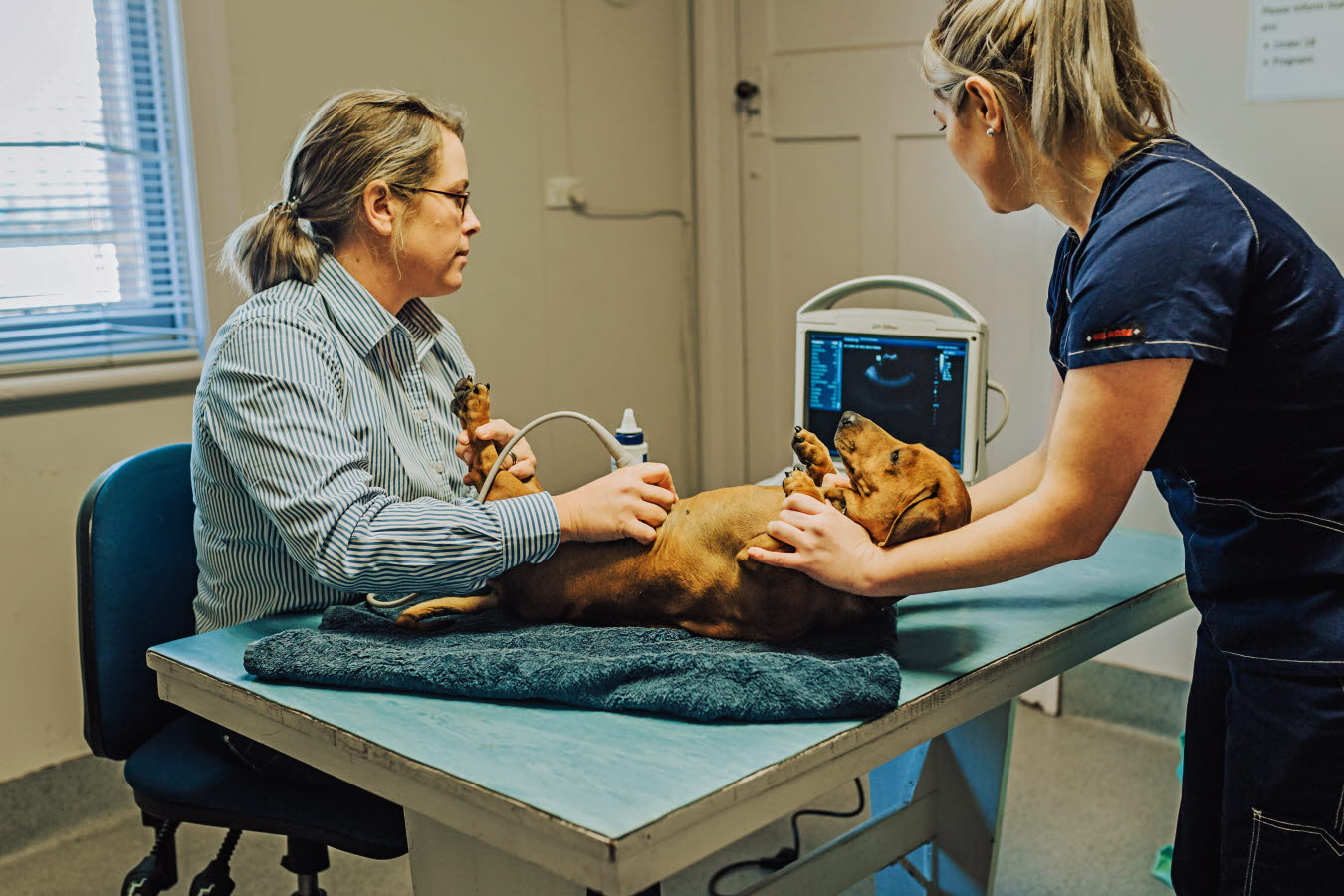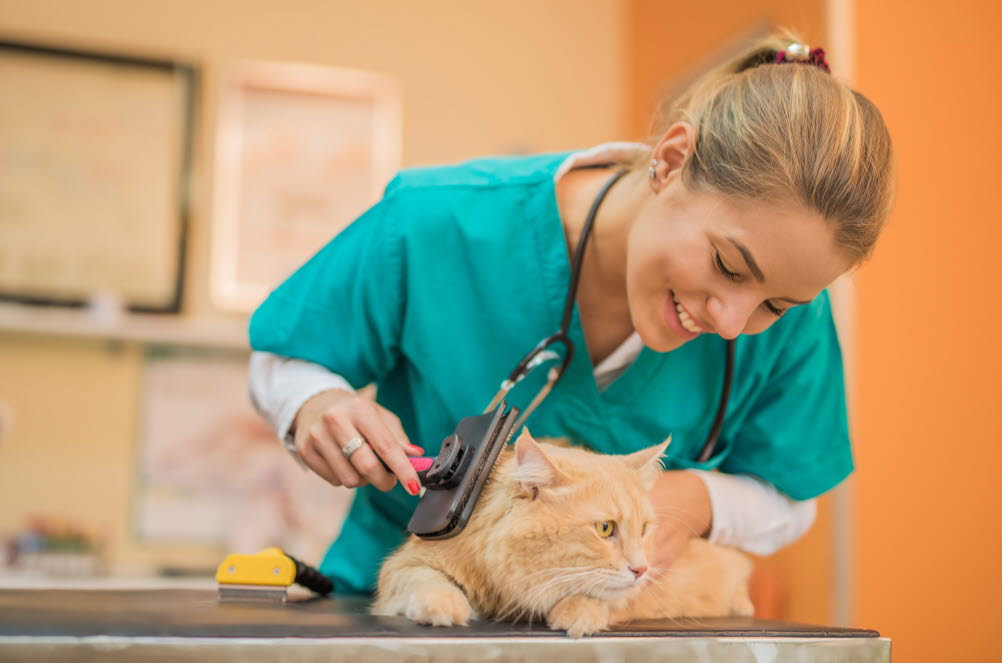The Australian Veterinary Association wants to ensure that Australia’s laws best protect our animals, and those that own, interact and work with them.
Companion animal legislation
Dog and cat ownership is an integral part of the human-animal bond and plays an important and positive role in the health and wellbeing of the community. Benefits include companionship, health and social improvements and assistance for people with special needs. The AVA advocates that all pet-related legislation recognise these benefits, is evidence-based, harmonised across the states and ensure best animal welfare outcomes. Legislation should allow pet owners the appropriate freedoms to enjoy their pets in their homes and out in our community. The AVA provides consistent strong advocacy positions around effective harmonised pet-related legislation in Australia.
For instances, we advocate that:
- There needs to be enough appropriate pet-friendly housing options for all those with pets, and those wanting to keep a pet in the future.
- Companion animal should not be confined to a parked or stationary vehicle where it is at risk of developing hyperthermia. Law enforcement officers or other individuals entrusted with the protection of animals should be supported in their actions to remove affected animals from these situations.
Regulation for those treating animals
All animal health services providers, including veterinarians, paraprofessionals, and non-veterinary animal health providers should be appropriately regulated to ensure the adequate animal welfare and consumer protection.
At present each state or territory has a board established by legislation that registers and regulates the veterinary profession. Laws vary significantly around which procedures may only be done by veterinarians, whether people who are not veterinarians can access veterinary medicines, and under what circumstances. To simplify these regulations the AVA has developed Recommended key principles for veterinary practice acts in Australia (updated May 2017). These key principles are the guidebook for all AVA advocacy in relation to veterinary legislation.
Veterinarians are very concerned about a trend in some states that allows invasive or inappropriate procedures to be undertaken by unregulated non-veterinarians. These can have serious animal welfare implications for the animals and can create significant extra costs for animal owners. They include the use of power tools in equine dentistry, small animal dentistry, and spaying cattle. Only veterinarians have the necessary education and training to perform these procedures safely and humanely.
Legislation affecting production animals
The AVA supports evidence-based legislation that promotes good animal welfare outcomes. To support this there must be veterinary representation on all committees reviewing production animal industry standards and guidelines.
Trending Now
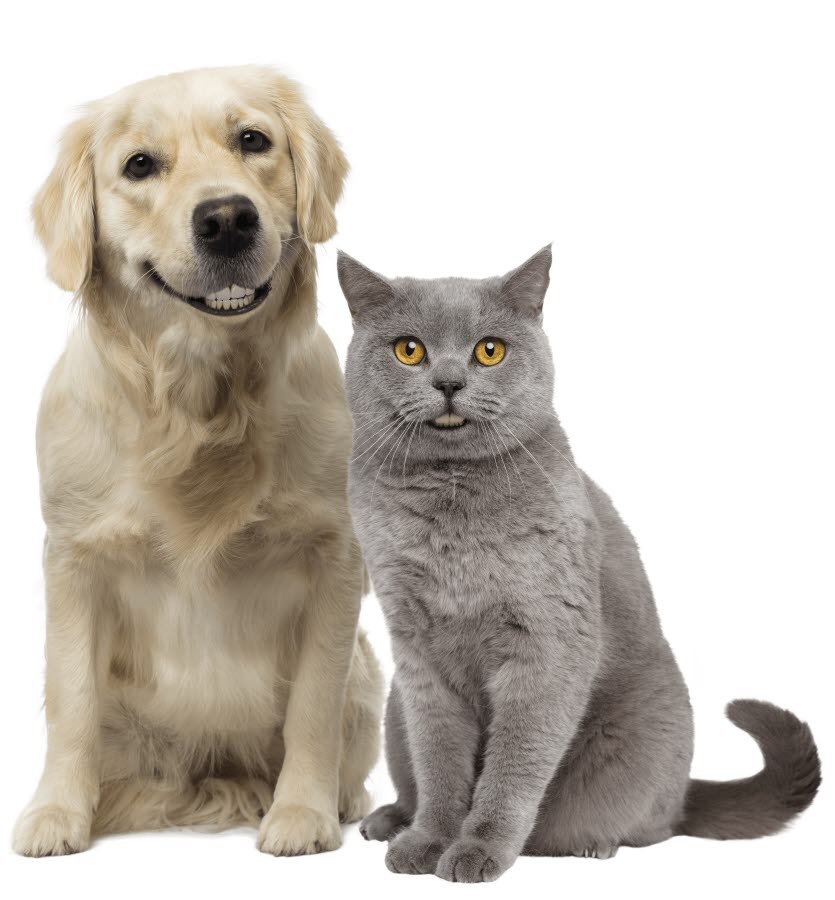
Important steps to dental and oral health in dogs and cats
4 years ago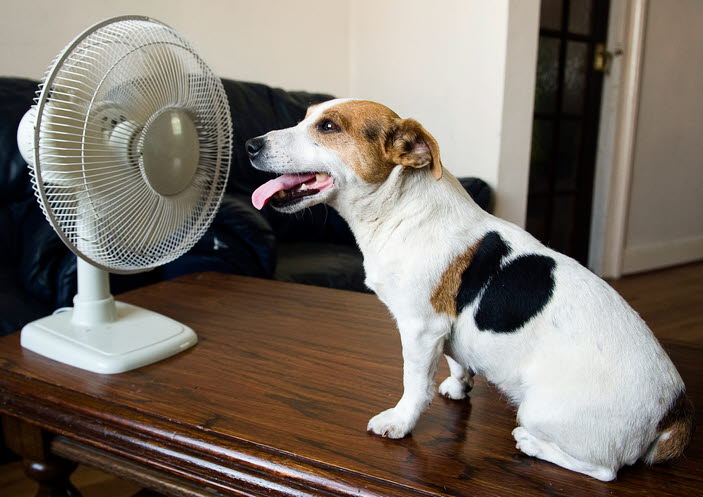
Be prepared for common summer hazards for pets
4 years ago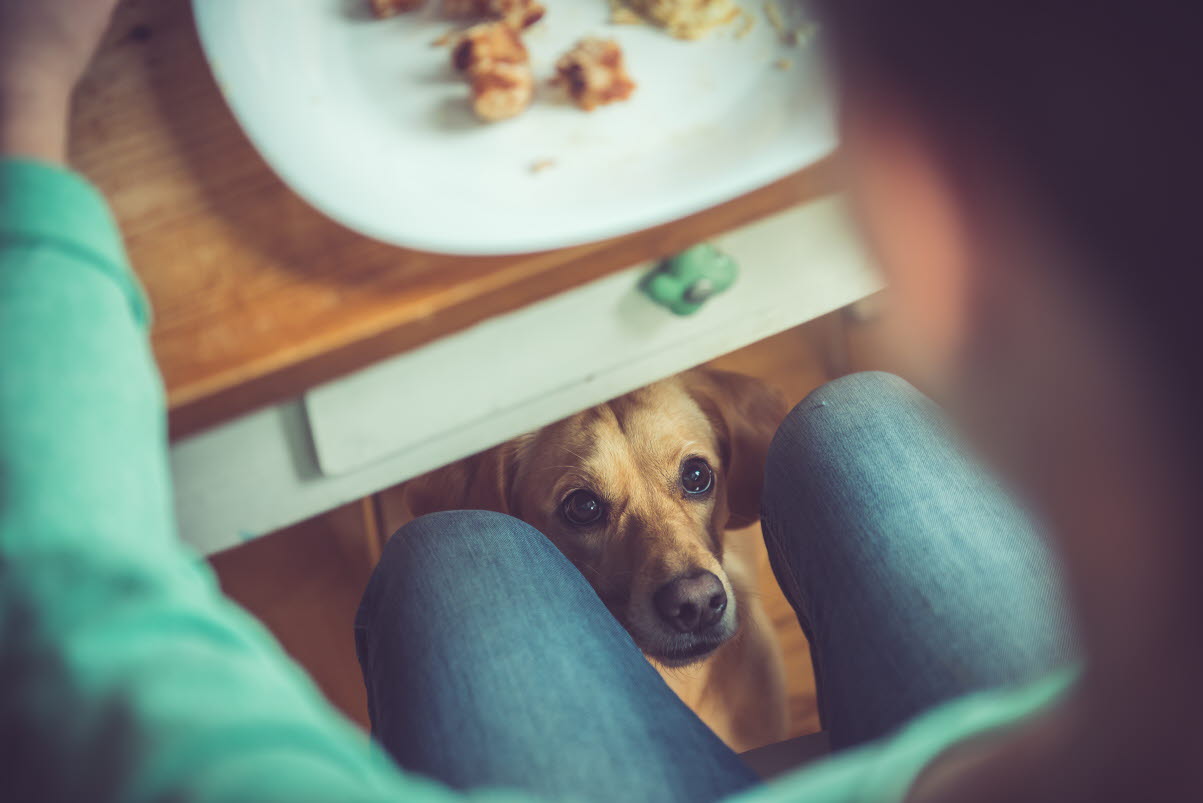
Pet Treats - How to Win the Battle of the Bulge
4 years ago

